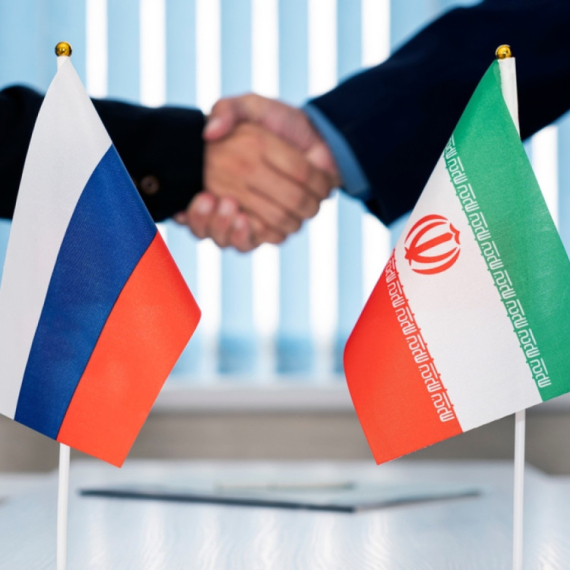Kosovo: Food prices up 50 pct
The prices of food in Kosovo have risen an alarming 50 percent since the start of this year.
Saturday, 03.05.2008.
19:08

The prices of food in Kosovo have risen an alarming 50 percent since the start of this year. This represents a heavy burden for citizens, local experts in Pristina say. Kosovo: Food prices up 50 pct Economists believe that the sudden price hikes could cause a social crisis, the Pristina media report. Considering that the average monthly wage in Kosovo is at EUR 190, the increases in the prices of food, flour and cooking oil in particular, are directly influencing a deterioration of the standard of living, economist Safet Grdaliu was quoted. However, unemployment remains the key factor that has a negative impact on the standard of Kosovo's residents, followed by the daily inflation. Experts also say that although Kosovo can produce up to 70 percent of its wheat demand, it currently only covers the wheat market with 40 percent of own production. Kosovo's deputy premier, Hajrudin Kuci, acknowledged the dire social circumstances "ongoing for a while", but said the authorities in Pristina have plans to improve economy and social care, warned at the same time that their implementation "will take time and capacities". The latest data shows that Kosovo's public sector employees receive minimal wages of EUR 130, while the average monthly salaries stand at EUR 190. The private sector has only marginally better results, with EUR 150 and 200 respectively.
Kosovo: Food prices up 50 pct
Economists believe that the sudden price hikes could cause a social crisis, the Priština media report.Considering that the average monthly wage in Kosovo is at EUR 190, the increases in the prices of food, flour and cooking oil in particular, are directly influencing a deterioration of the standard of living, economist Safet Grdaliu was quoted.
However, unemployment remains the key factor that has a negative impact on the standard of Kosovo's residents, followed by the daily inflation.
Experts also say that although Kosovo can produce up to 70 percent of its wheat demand, it currently only covers the wheat market with 40 percent of own production.
Kosovo's deputy premier, Hajrudin Kuci, acknowledged the dire social circumstances "ongoing for a while", but said the authorities in Priština have plans to improve economy and social care, warned at the same time that their implementation "will take time and capacities".
The latest data shows that Kosovo's public sector employees receive minimal wages of EUR 130, while the average monthly salaries stand at EUR 190.
The private sector has only marginally better results, with EUR 150 and 200 respectively.




























































Komentari 8
Pogledaj komentare